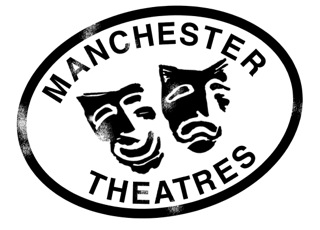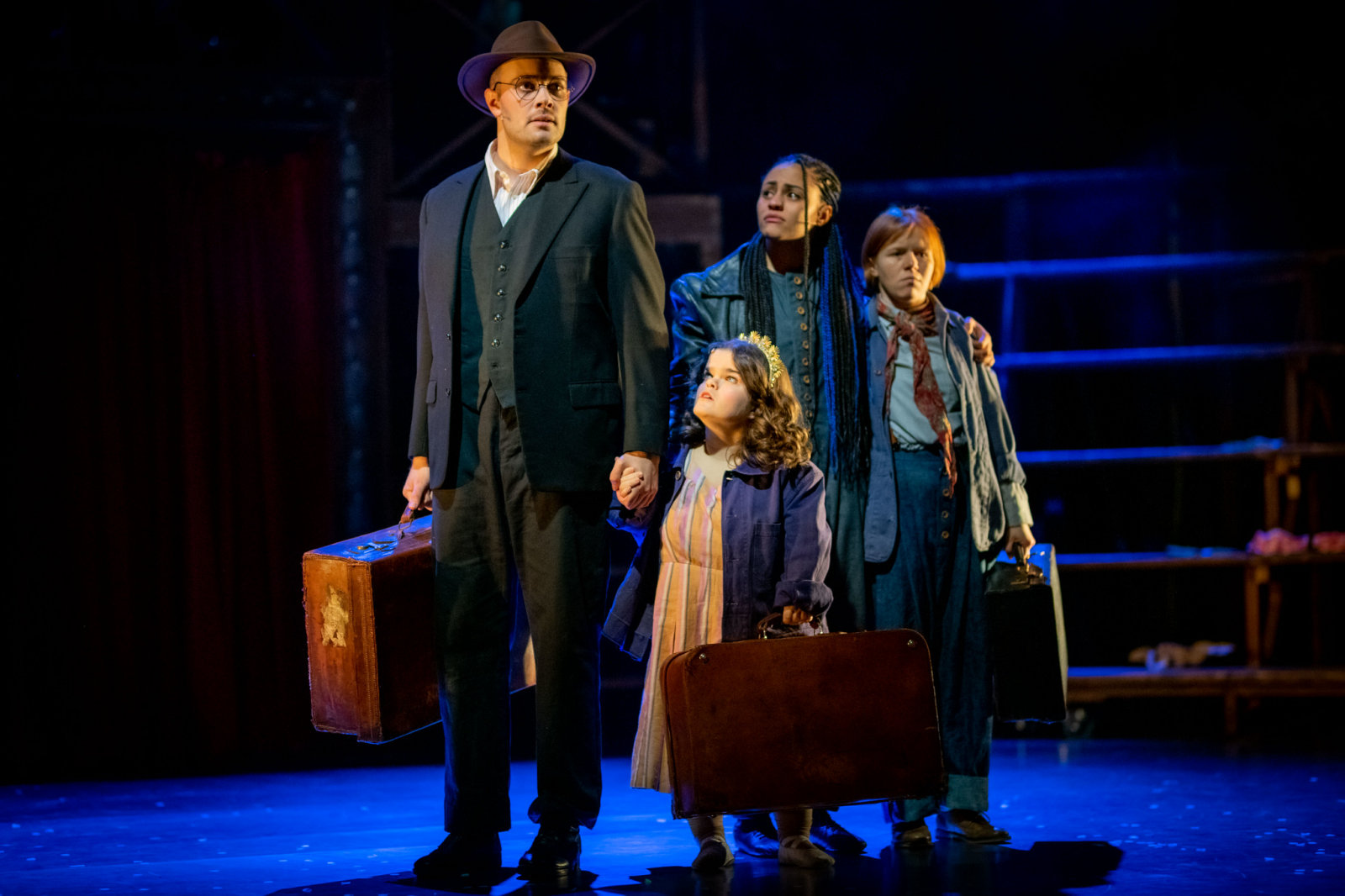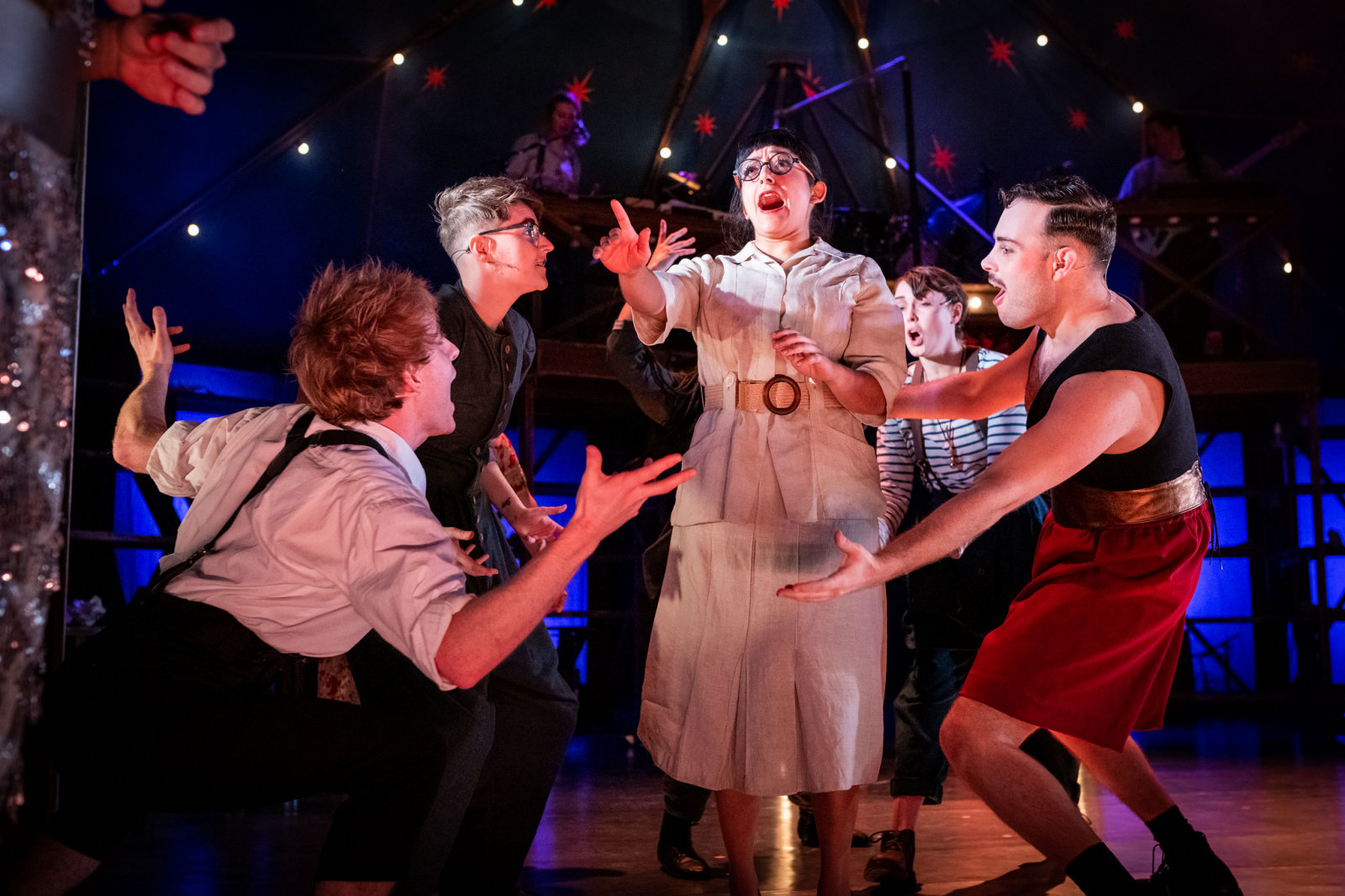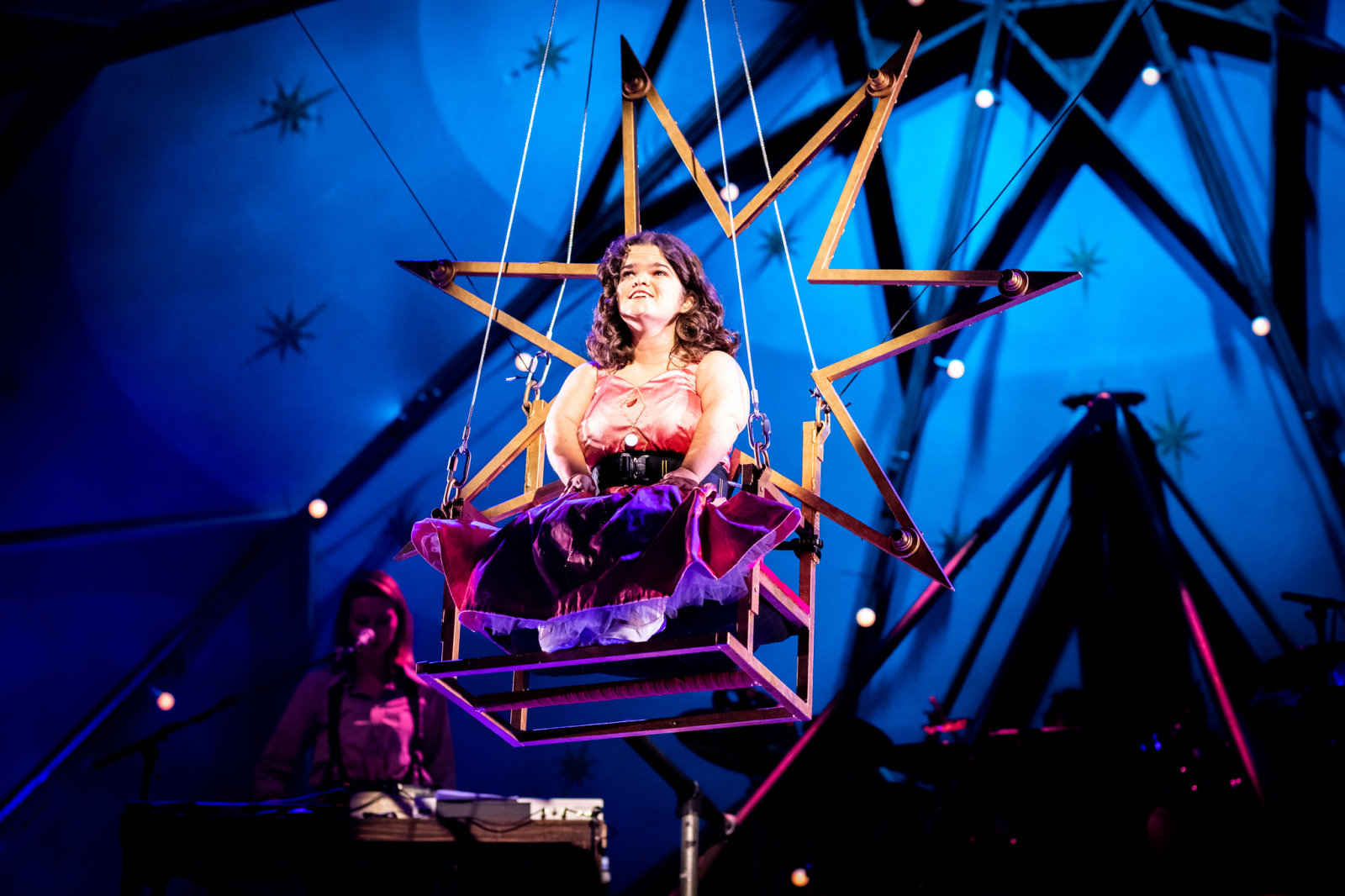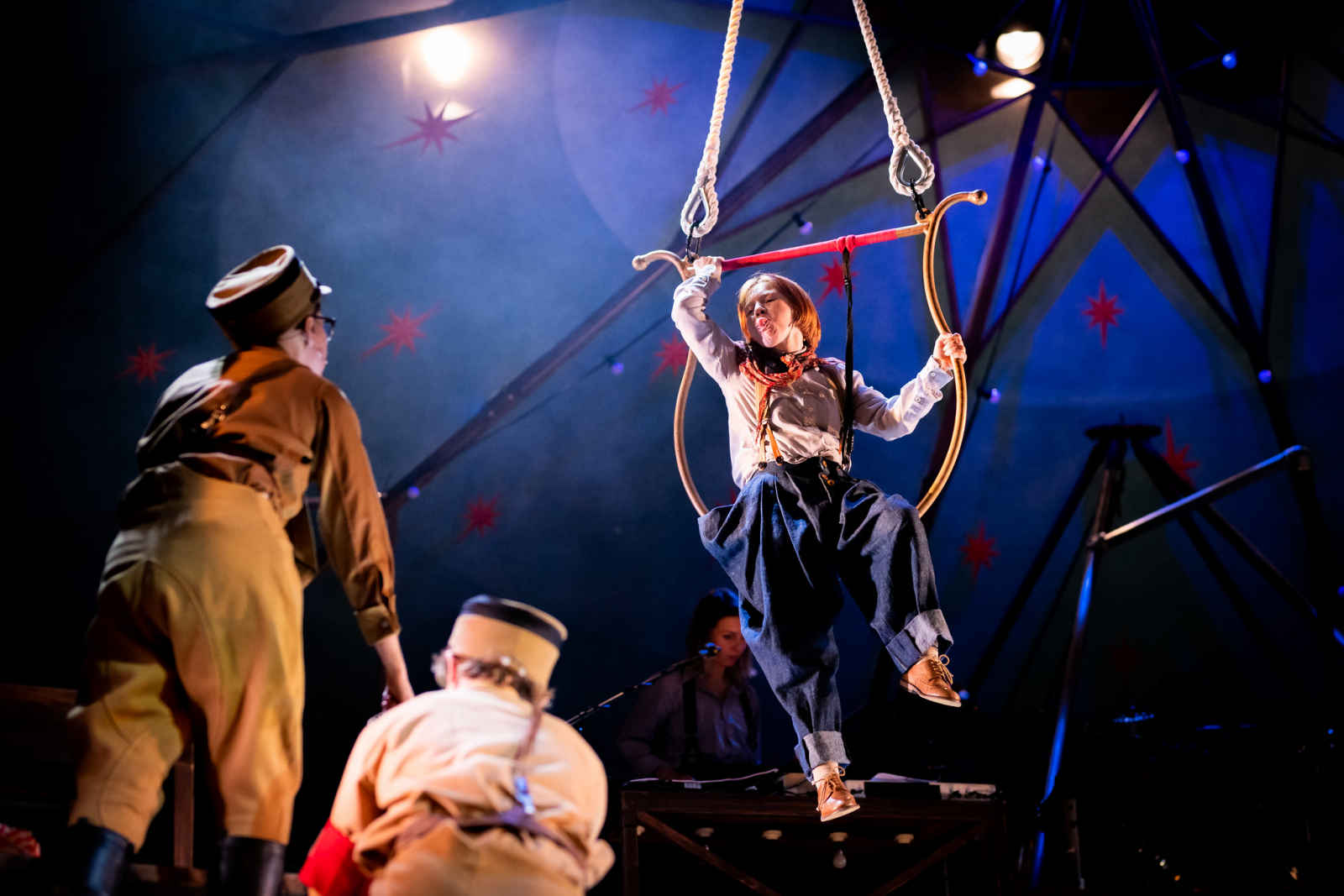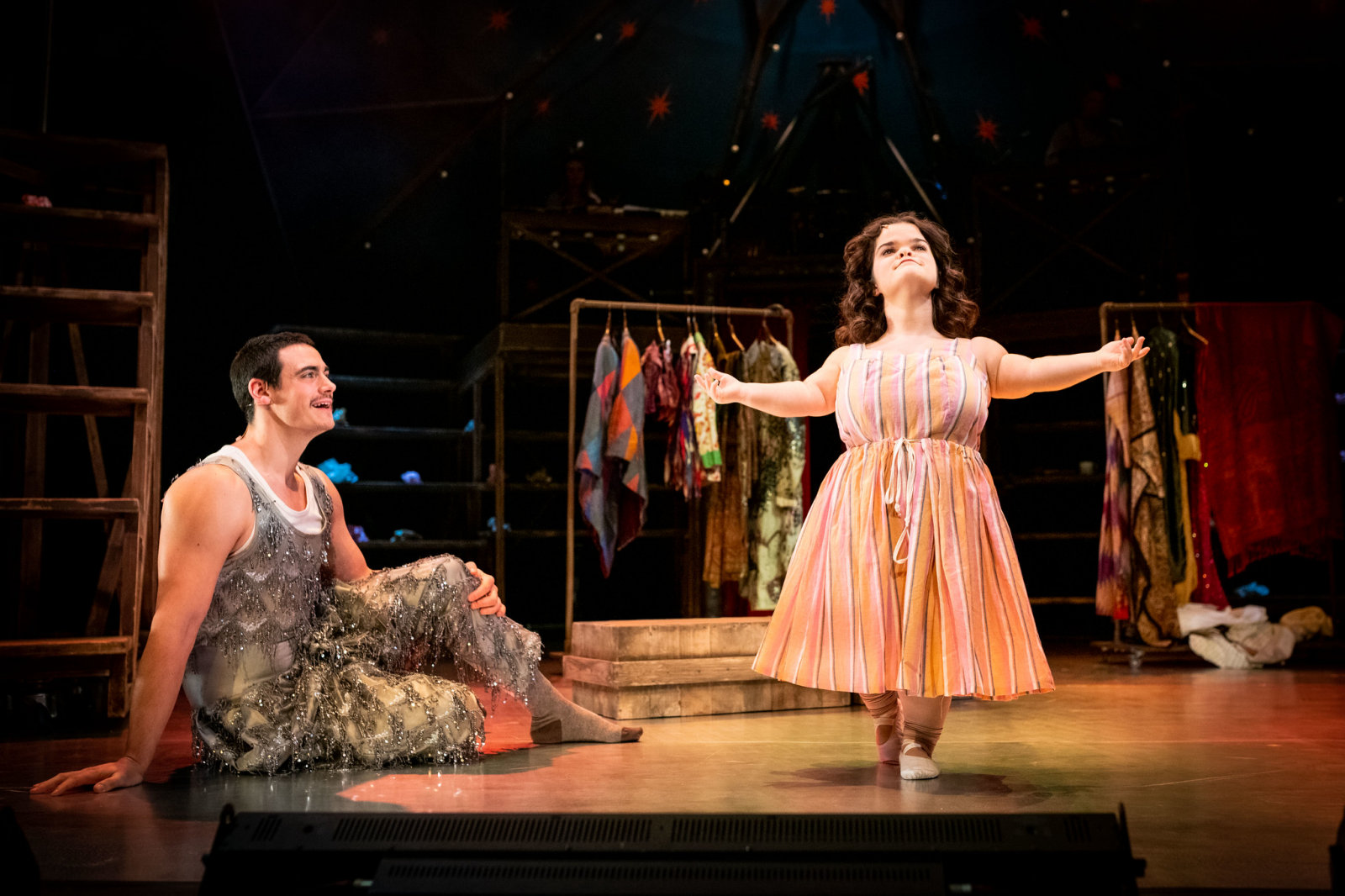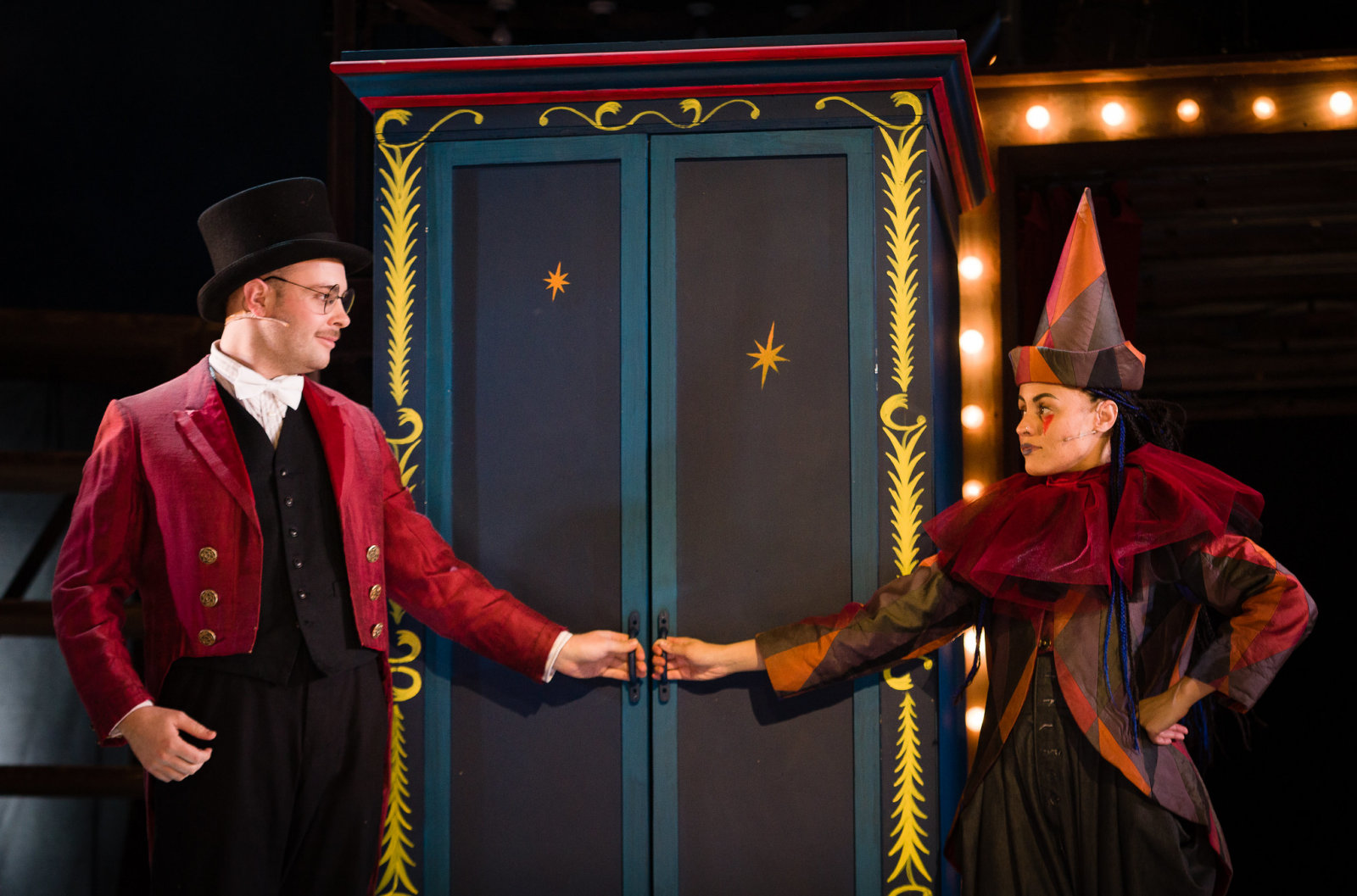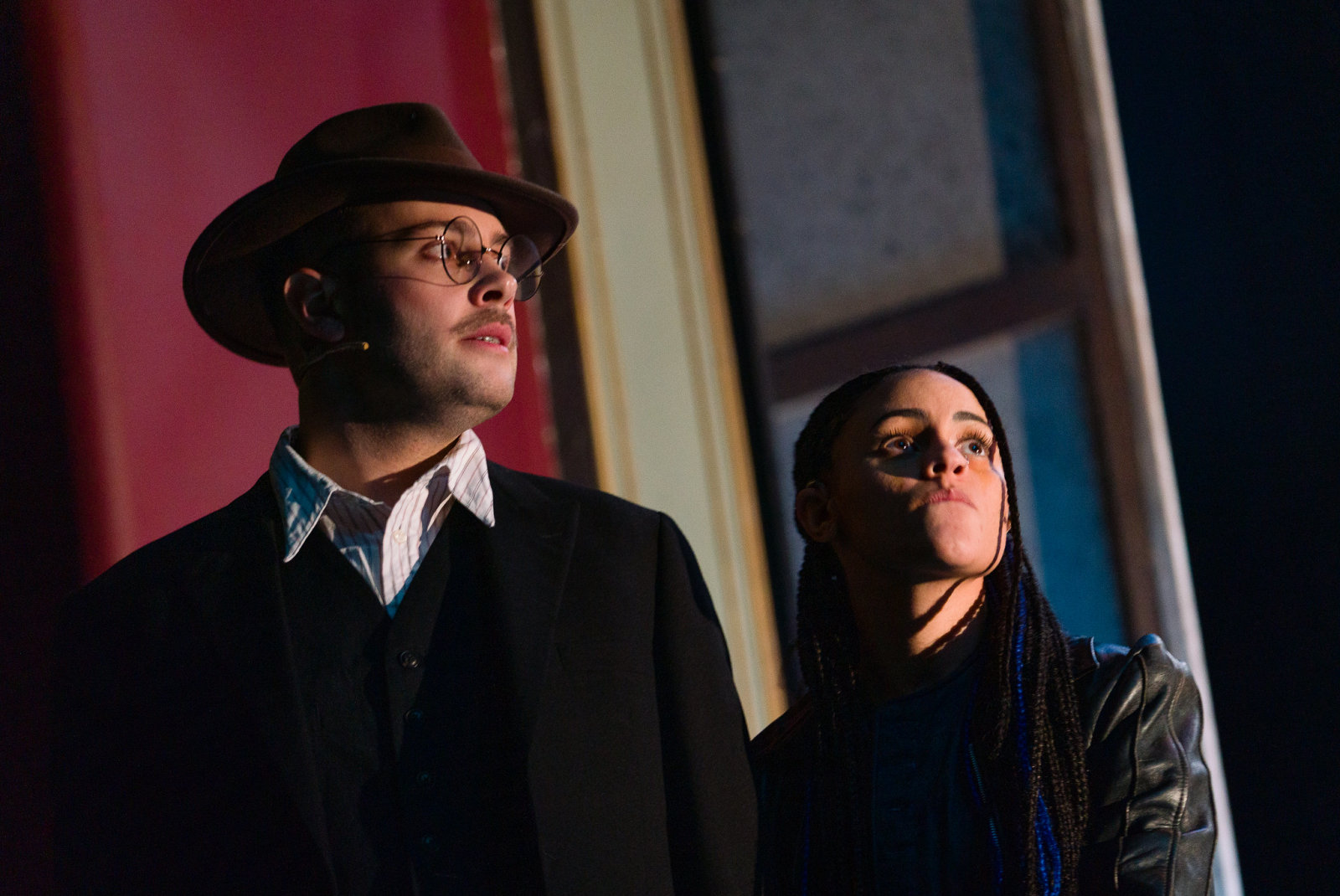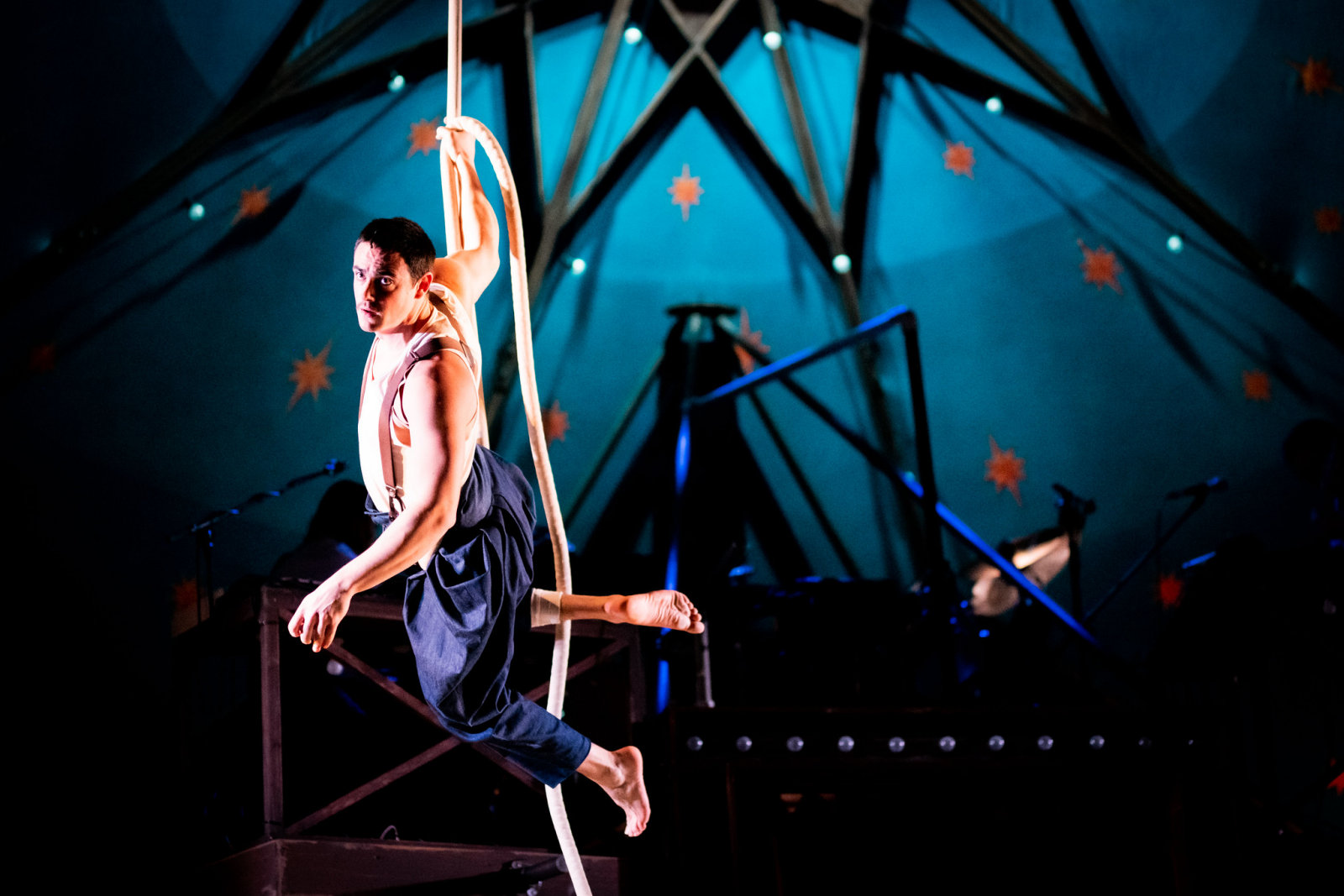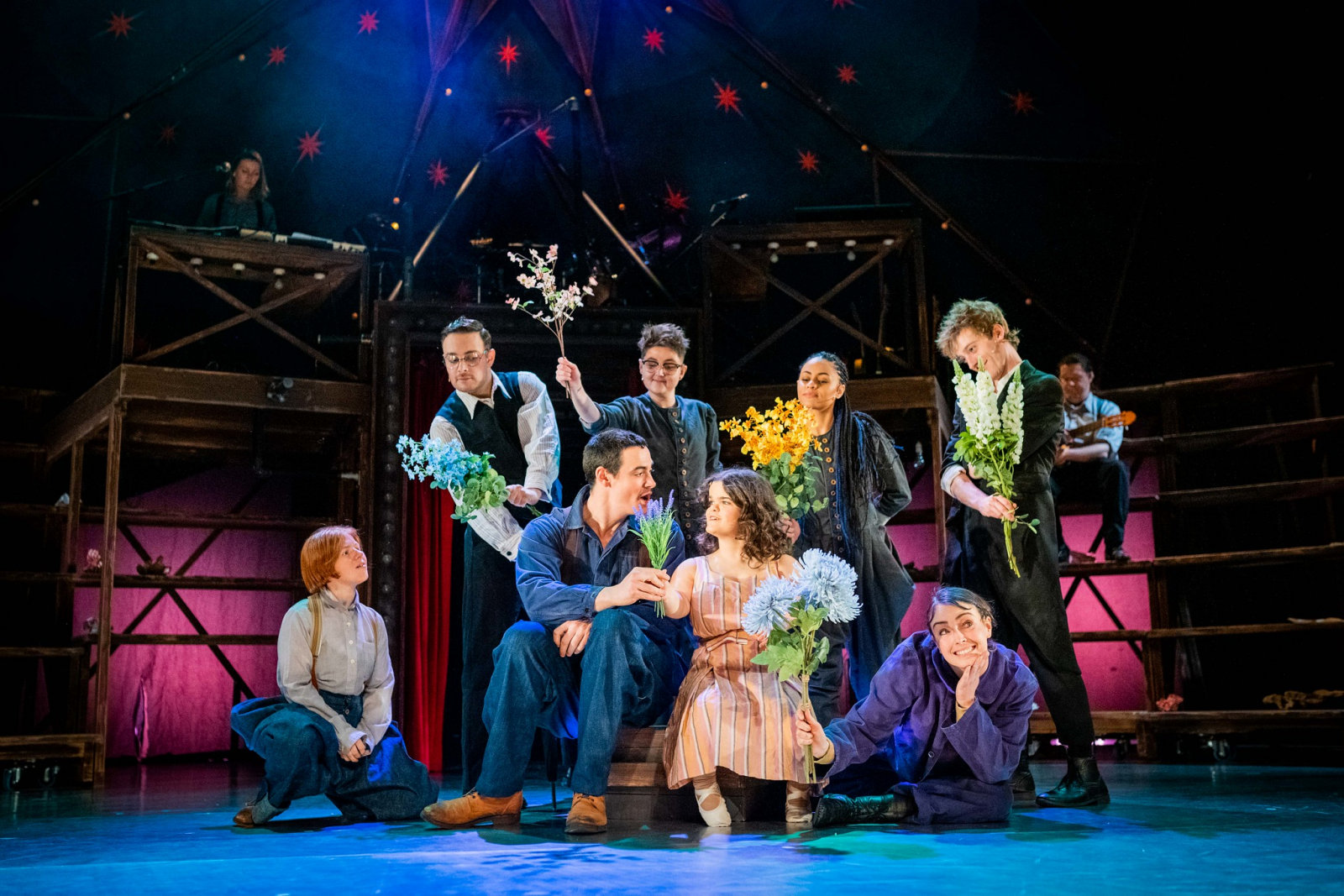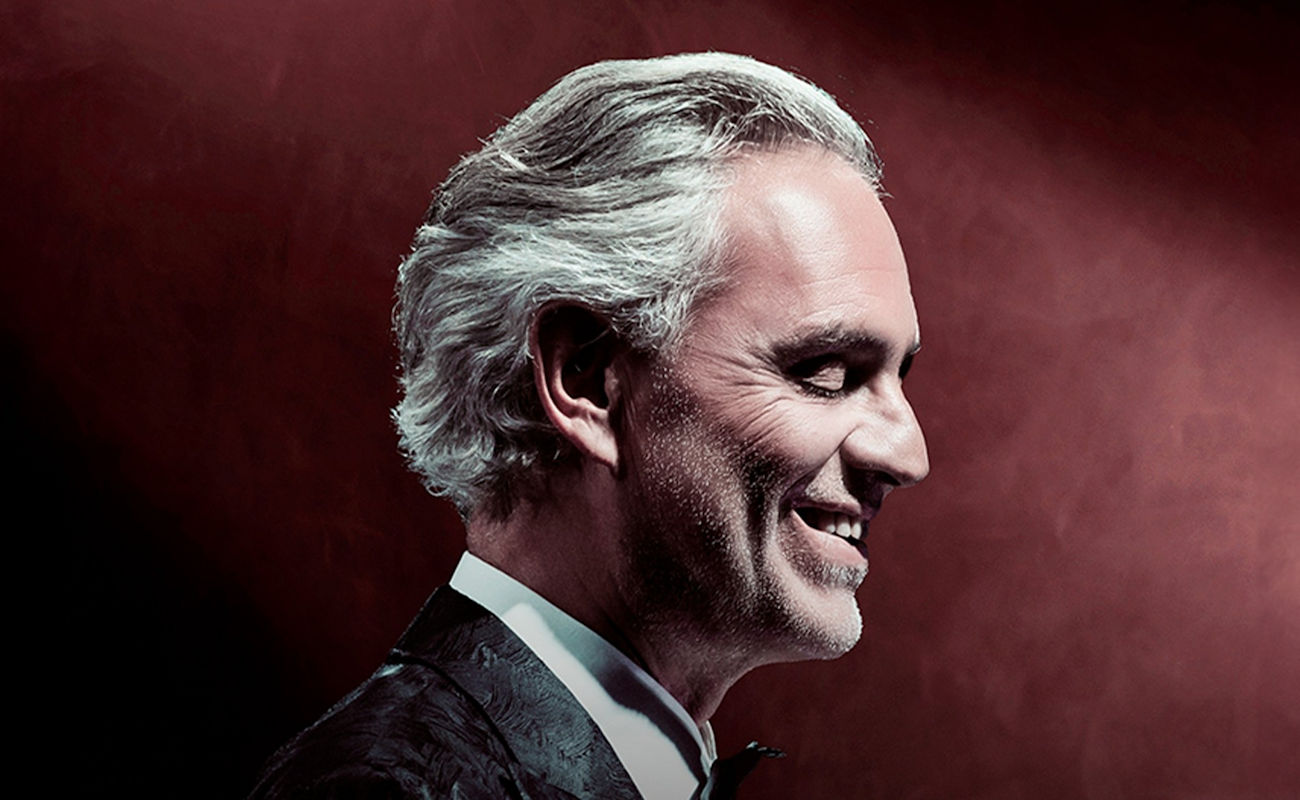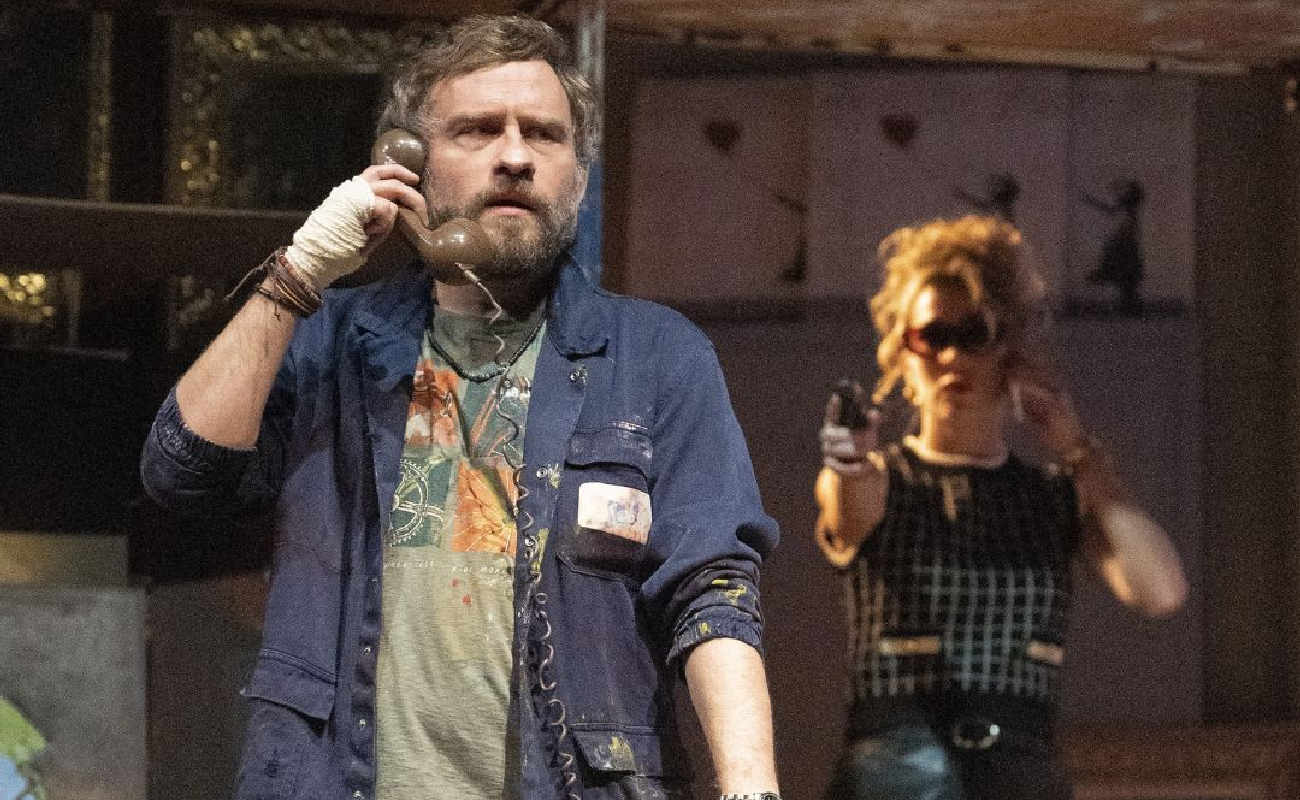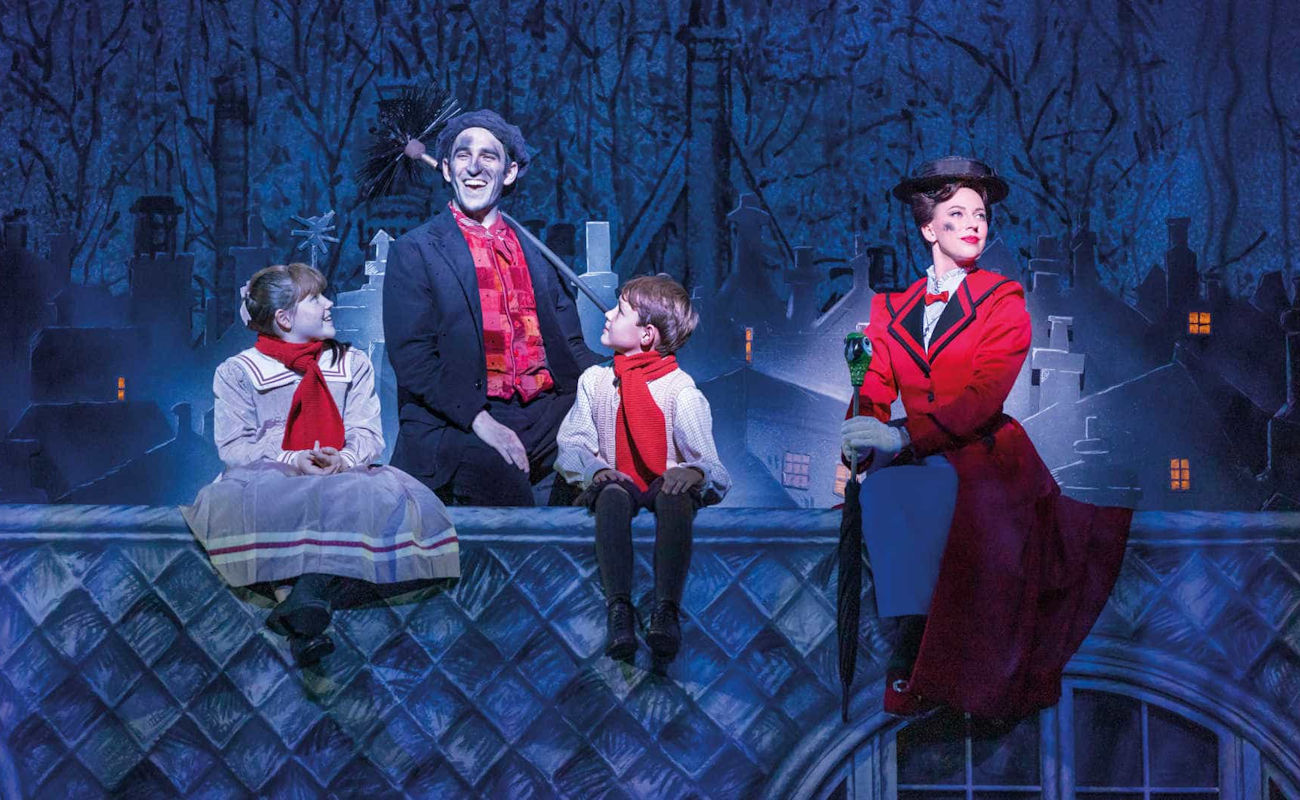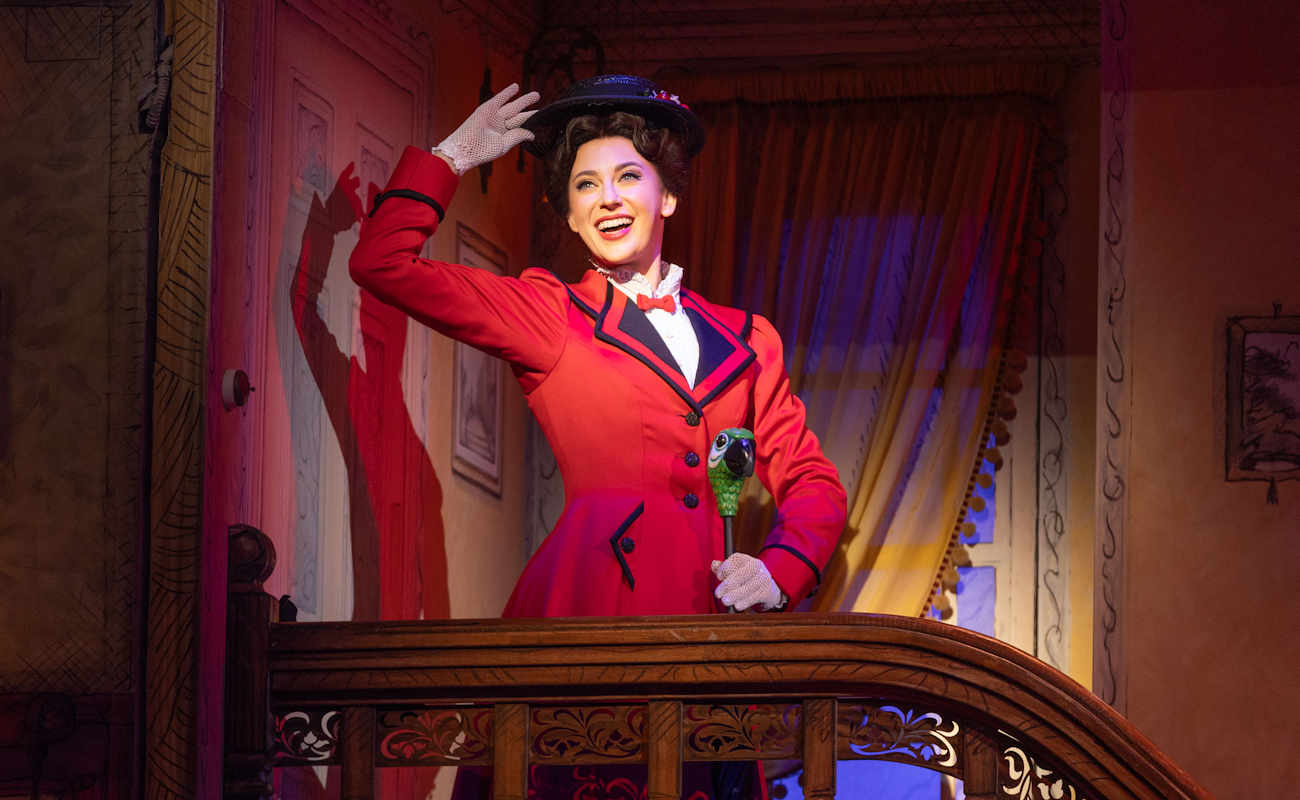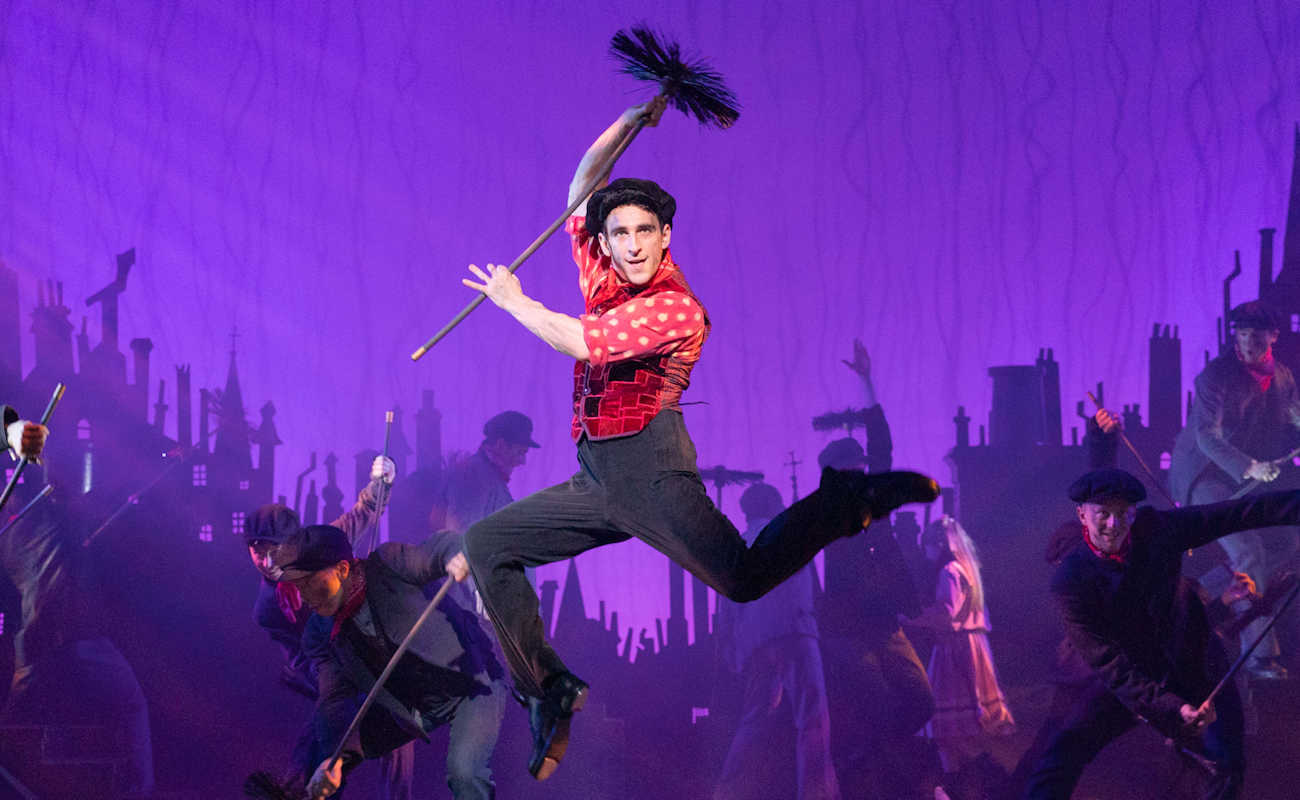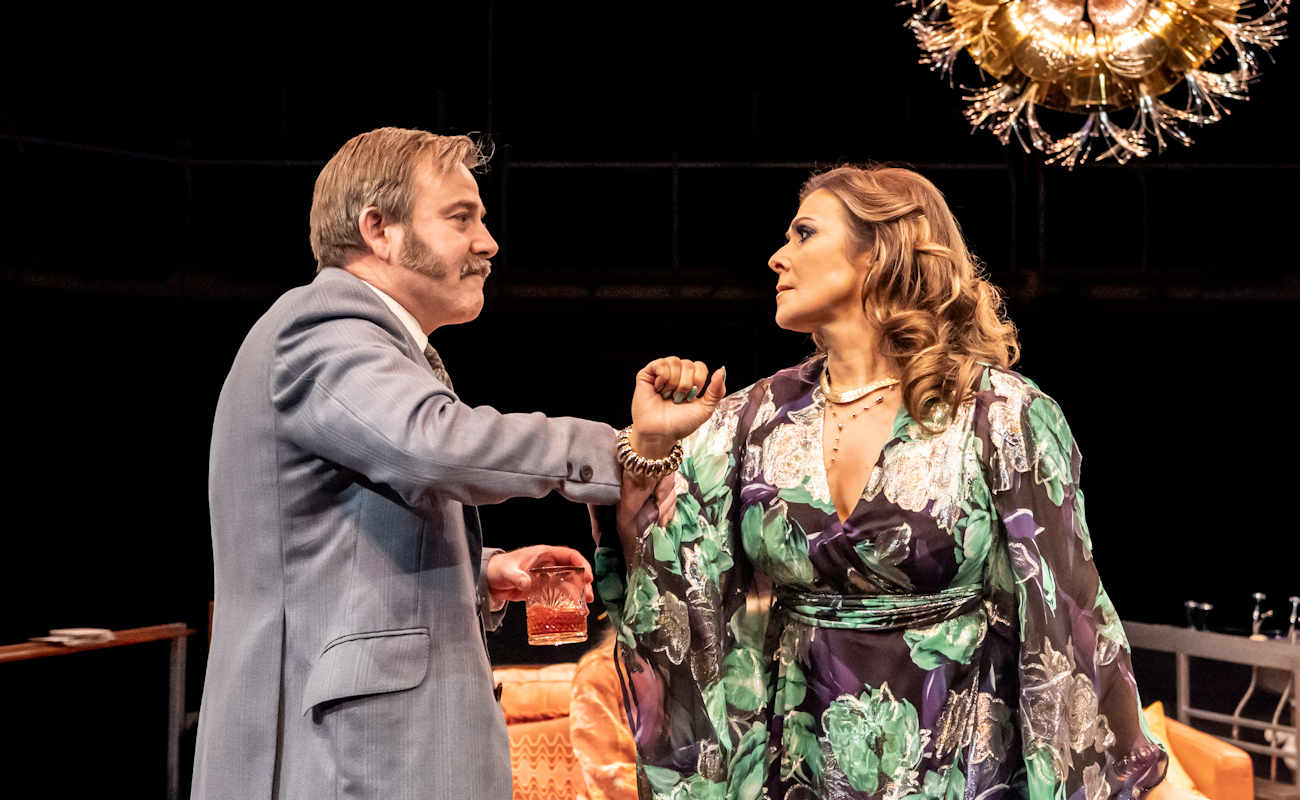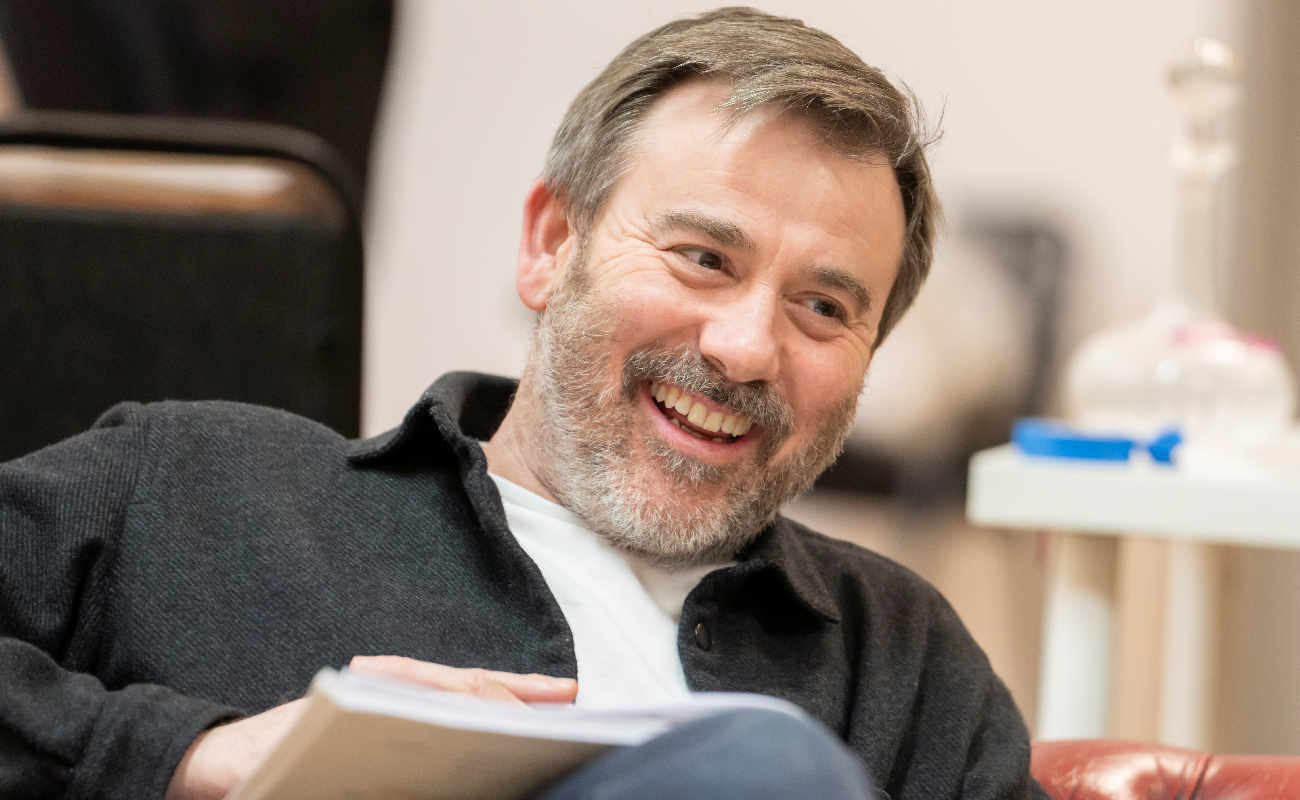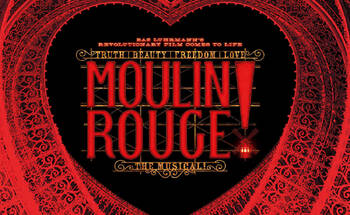Manchester Theatre News & Reviews
REVIEW - Waldo's Circus of Magic and Terror will open your eyes to so many things and recognise the huge value that diversity brings
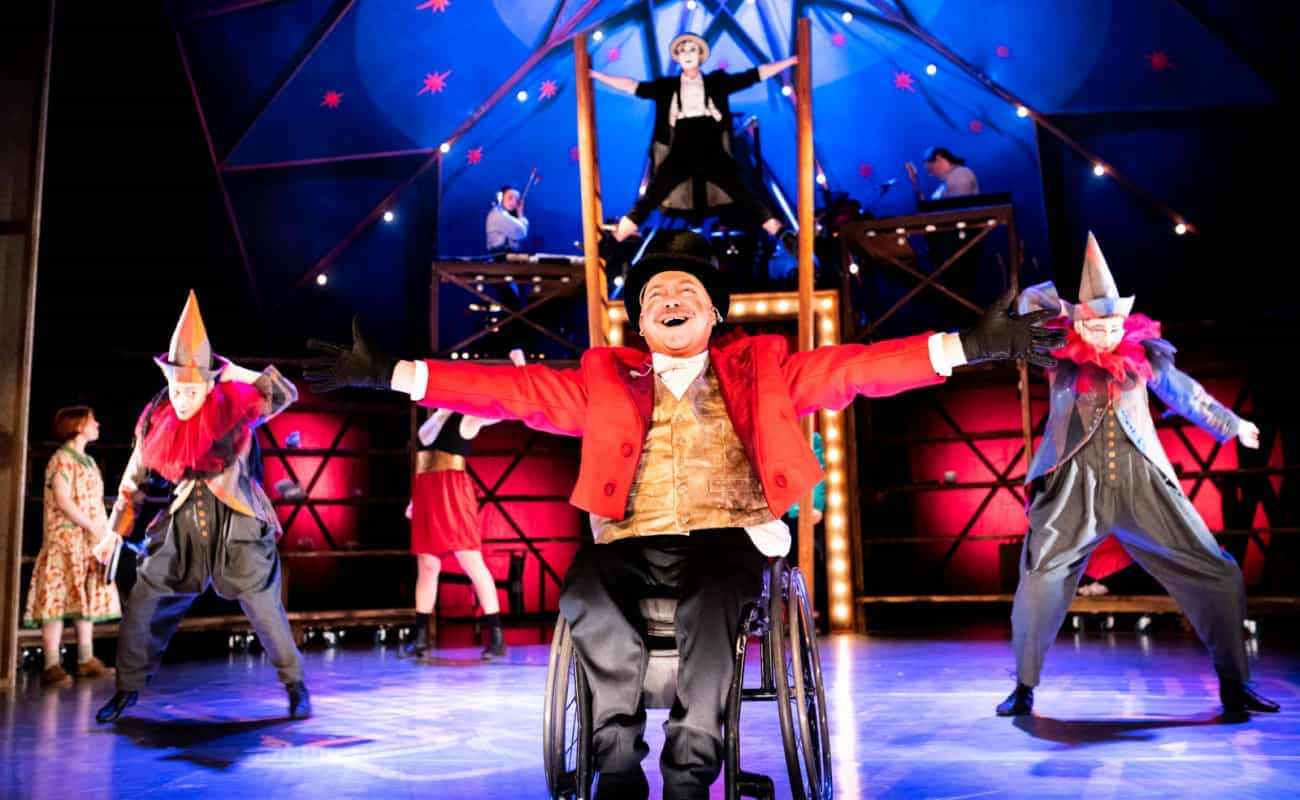 BOOK YOUR TICKETS HERE
BOOK YOUR TICKETS HERE
On Thursday, we were invited to The Lowry, Salford to watch Waldo's Circus of Magic and Terror. Read what our reviewer Christa Norton thought about Extraordinary Bodies' uplifting theatre musical...
I have followed with keen interest how theatre productions are taking up the gauntlet of increasing diversity and representation on stage. Over the past few years, momentum – and audience expectation - has grown, and what started with inventive casting has now generated some inspirational initiatives. Extraordinary Bodies is one such initiative, a collaboration between Cirque Bijou and Diverse City, a charity that champions diversity and equality in the performing arts, and bring together D/deaf, disabled and non-disabled artists to deliver diverse-led circus shows. This is their third production.
The story of Waldo’s Circus of Magic and Terror, written by Hattie Naylor (Ivan and the Dogs, The Night Watch) and Jamie Beddard (Messiah, The Elephant Man) is not an easy one, especially given that it draws heavily from real life experiences and accounts of historical events, including the use of circuses at Nazi rallies – and how circus networks were used by those trying to flee the Nazi regime.
Set in 1933 in Germany, it tells the story of Waldo, played by Garry Robson (Crisis Control, Silent Witness), and his circus, a mismatched troupe of acrobats, clowns, aerialists – few of whom live up to the Arian ideals of the Third Reich. As the influence of the Nazis becomes more pervasive, and as their policies become more extreme, the lives of the circus members become more tenuous, and the bonds that hold them together, more fragile.
Taking place under the staging of The Big Top, the story begins with our hero, Gerhard (Lawrence Swaddle) deciding to abandon his Nazi-sympathising family in order to join Waldo’s circus. Swaddle gives a charming performance of Gerhard, creating a delightfully goofy, naïve character who seems blissfully, frustratingly unaware of the dangerous times in which he lives – and the impact it might have on those not living up to Nazi ideals. He is not disabled yet soon falls for Krista, the star of the show, played with wit and a certain amount of wry cynicism by Abbie Purvis (Willow). Krista’s reluctance to believe Gerhard might see her as anything more than a curiosity, and his clumsy attempts to make her believe otherwise, offers a sweet fairy-tale.
However whilst their burgeoning love story forms the centrepiece of the production, for me it is the other characters that really bring this production to life. Raphaelle Julien (Jerk, Hunch, Trinity) and Brooklyn Melvin (Oliver Twist, Listening Party) play Mish and Mosh respectively, best friends, a pair of clowns whose slapstick antics, signed bickering and acerbic commentary are laugh-out-loud funny. Yet they also provide one of the most touching moments when they wordlessly convince Gerhard to follow his heart and join the circus.
Mirabelle Gremaud (Wise Children, Malory Towers) explores the challenges that the Romany community faced through her moving portrayal of Queenie, the circus’s fortune teller whose predictions seem fated – like Cassandra – not to be believed. Her final song, Blood in the Hallways, calls out the Nazi acts as crimes against nature; her performance incorporates a specific movement language that involves acrobatics and contortion, which she uses to represent her struggle to evade Nazi capture, and which is totally mesmerising.
The impact on the neurodiverse is also considered through Joanne Haines’ (A Little Space, ZARA) touching portrayal of Dora, a character frequently underestimated even by her own circus colleagues, and whose ability to contribute to society is openly questioned by Gerhard, yet who proves perfectly savvy when it comes to negotiating her own salary.
For me, it is the character of Peter who has one of the most interesting character arcs. Played with a brilliant intensity by Tilly Lee-Kronick (Cirque Bijou, Human) Peter is the son of the overbearing, titular Waldo. Highly talented as an aerialist yet lacking in confidence and desperate for any sort of recognition from Waldo, Peter is browbeaten and casually dismissed by his father. When he is then faced with accepting his own homosexuality, Peter instead flees to the Brownshirts, embracing the narrative that others less worthy are stealing his birth right. The result is the downfall of the very circus he loves.
What is so compelling about each and every one of these performances is the authenticity and rawness of emotion and of experience. At the beginning, the circus troupe are called out as being fake, as hiding behind their painted faces and flamboyant costumes; yet what this production gives to the audience for me is a searing honesty on the challenges faced by this community who are brought together by the simple fact of belonging nowhere else.
The music was composed by renowned conductor and composer Charles Hazelwood (Mysteries, The Tin Drum) and is heavily influenced by music of the 1970s and 1980s – punk and disco intertwine with new romanticism (and a definite tipping of hat to Ian Dury) in arrangements that, whilst harmonically a little sparse, instead focus on percussive rhythms ideally suited to supporting the performers.
Usually the musicians are placed in the orchestral pit, below the stage, but in this production the band is situated above the stage, with the music almost raining down on the audience. I personally loved this, as it allows the performance of the music to become an integral part of the overall performance and I felt that band, comprising Dave Johns, Harriet Riley and Jonny Leitch, were able to be much more responsive to the needs of those on stage.
One of the most innovative sides to this show is that, for a musical, music and singing are more optional than I would have expected, with other mediums taking their place. For example, a stunning duet between would-be lovers Peter and Renee (Jonny Leitch (What do you see in me)) is told not through song but through an incredibly powerful and intimate aerial dance. Indeed the most moving and electrifying moment of the entire musical - for me – occurs when a grief-stricken Mish performs ‘The Disappeared’ in complete silence using British Sign Language. I have to say this part of the production is utterly stand out and Raphaella Julien’s interpretation and performance is simply breathtaking.
As expected, accessibility is paramount, with the performance chilled and audio described. In addition, screens with captions are positioned unobtrusively either side of the stage which helps not only those unable to hear but also those unable to read BSL. The entire production was also brilliantly signed by Max Marchewicz (The Paradis Files). I have been at several performances now that offer this level of accessibility and for me, I wonder why, in today’s world, this isn’t standard at every performance.
Waldo’s Circus of Magic and Terror will open your eyes to so many things: to the terror that so many felt in Nazi Germany; the terror of what one human being can do to another; to the magic of those people who sacrificed everything to try and protect others; and to the culpability we all still face today when we, as a society and as individuals, don’t stand up for equality or recognise the huge value that diversity brings.
But don’t go and see this for the lesson. See it for brilliant, joyous performances of the cast who demonstrate unequivocally why diversity is to be celebrated.
WE SCORE WALDO'S CIRCUS OF MAGIC AND TERROR...
Waldo's Circus of Magic and Terror can be seen at The Lowry until Saturday 22nd April 2023.
